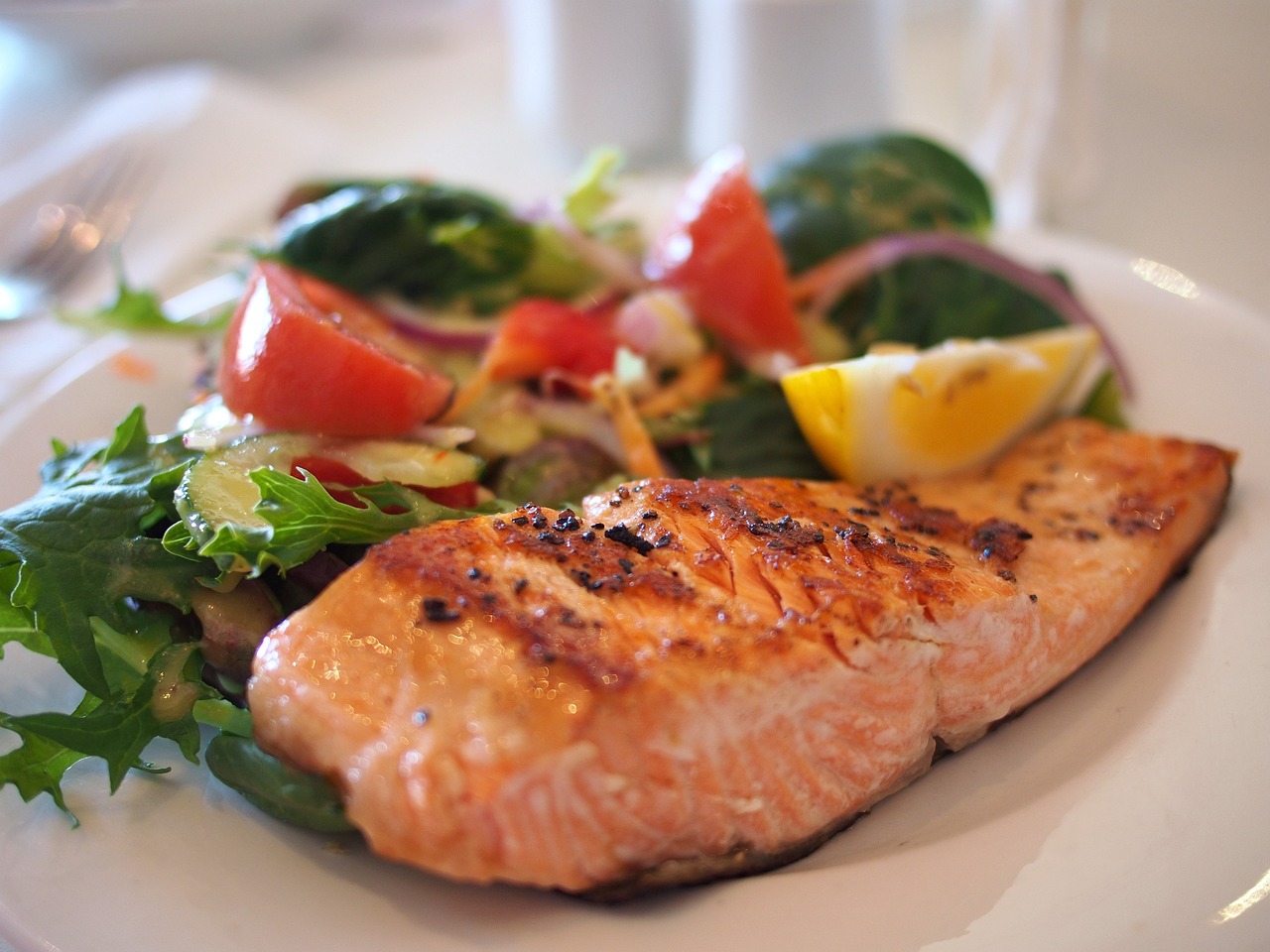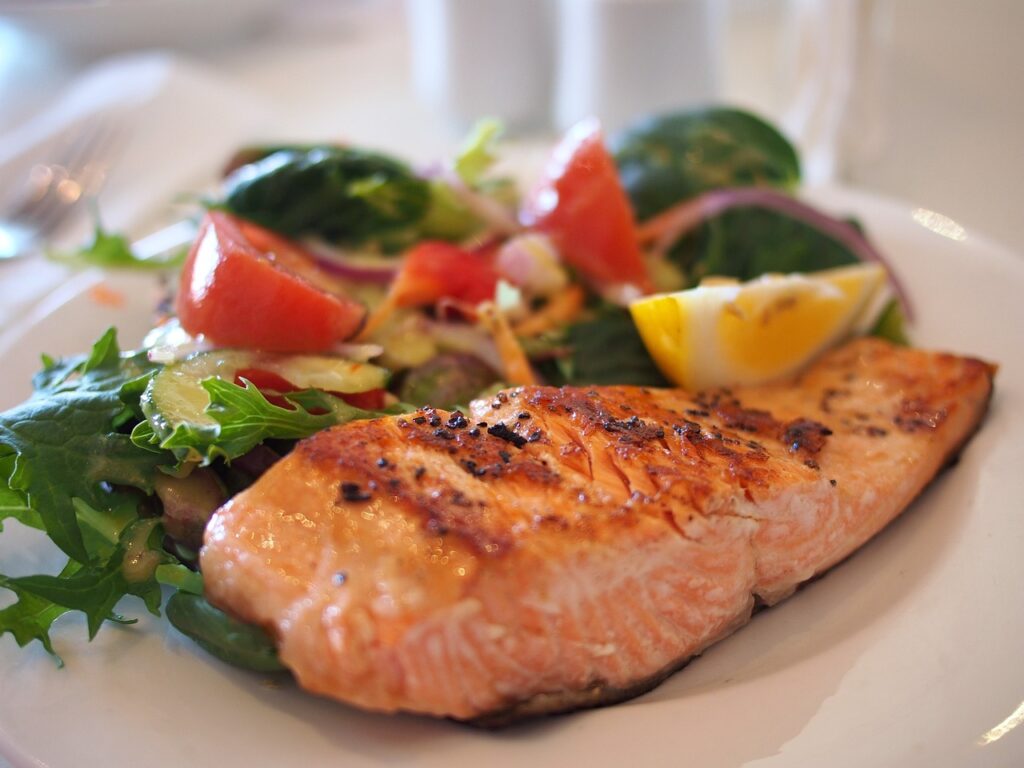Eating late at night may affect your weight, disease risk, acid reflux, and food choices. Still, remember that more research is needed in each of these areas to understand the effects of eating late at night.
Weight gain
While many people are concerned that eating too late may contribute to weight gain, research is inconclusive. One theory that may support this claim is that your body’s ability to burn the food you eat, also called food-induced thermogenesis, differs throughout the day. It’s higher in the morning and lower in the evening.
Limiting your food intake late at night may also indirectly lead to a reduction in calorie intake, thus preventing weight gain caused by late-night eating.
Metabolic syndrome
Numerous studies show that eating late or throughout a wide eating window may increase your risk of metabolic syndrome. Metabolic syndrome is a group of conditions that includes insulin resistance, obesity, high blood pressure, and high cholesterol. One study looked at the metabolic effects of a late dinner (9 p.m.) versus a routine dinner (6 p.m.) in 20 adults. The late dinner resulted in higher blood sugar levels the following morning and a reduced breakdown of dietary fat, compared with the routine dinner. In the long term, these effects of eating late at night may contribute to obesity.
Reflux
Depending on the size and quality of the meal, eating too late may increase your risk of acid reflux, especially if you go to bed shortly after the meal.
Reflux occurs when acid in the stomach begins to irritate the esophageal lining. In the long term, it may cause gastroesophageal reflux disease.
In a study that compared the effects of a 6 p.m. meal with a 9 p.m. meal in healthy adults, the early dinner was shown to reduce acid reflux symptoms.
This shows the effects of eating late at night may also lead you to overeat or choose easy, quick foods that are likely to be unhealthy, such as chips, candy, or ice cream.
In a study among 104 people with more weight, 45% chose sweets as the snack of choice in the evening and at night.
Not eating enough throughout the day may lead to overeating at night. One review demonstrated that those who had fewer than the average three meals per day felt less full than those who ate three or more. In a study including 35 men with obesity, those who followed a filling diet high in protein and fiber experienced a reduced desire to eat.
SUMMARY
Eating late at night may lead to acid reflux and negatively affect blood sugar management, blood pressure, and weight. This may be due to many factors, like poor food choices.
A few basic strategies may help you avoid the effects of eating late at night.
Try to have regular meals throughout the day, especially ones that are very filling, such as those high in fiber and protein, which may reduce your desire to eat late at night.
Avoid keeping snacks at home. The more visible a food is, the likelier you are to eat it. If you’re tempted to snack at night, place snacks where you can’t see them.
Brushing your teeth is like telling your body that you’re done eating for the day. Plus, some foods don’t taste good after brushing. Have you tried eating an orange straight afterward?
Drink herbal tea instead of rummaging through the fridge after a long day; try forming new healthy habits that don’t involve eating. One simple idea is to brew a pot of calming chamomile tea.
Staying up late may give you more opportunities to raid the fridge at night. Also, insufficient sleep may raise hunger hormone levels, leading you to eat more. Try to get 7–8 hours of sleep each night.
